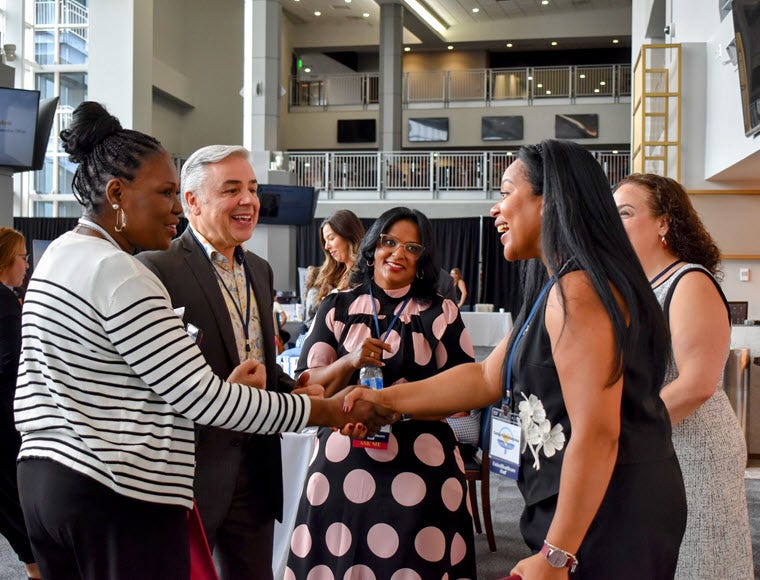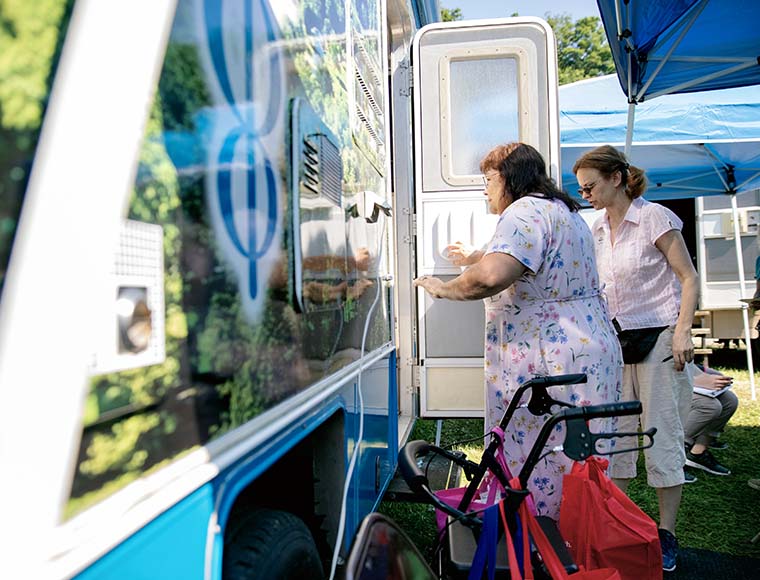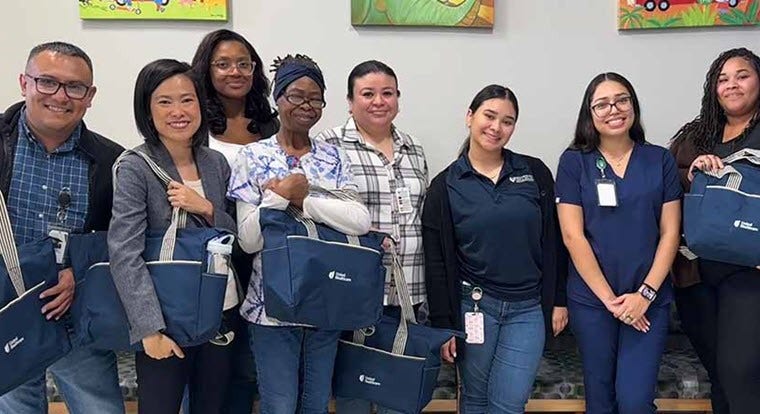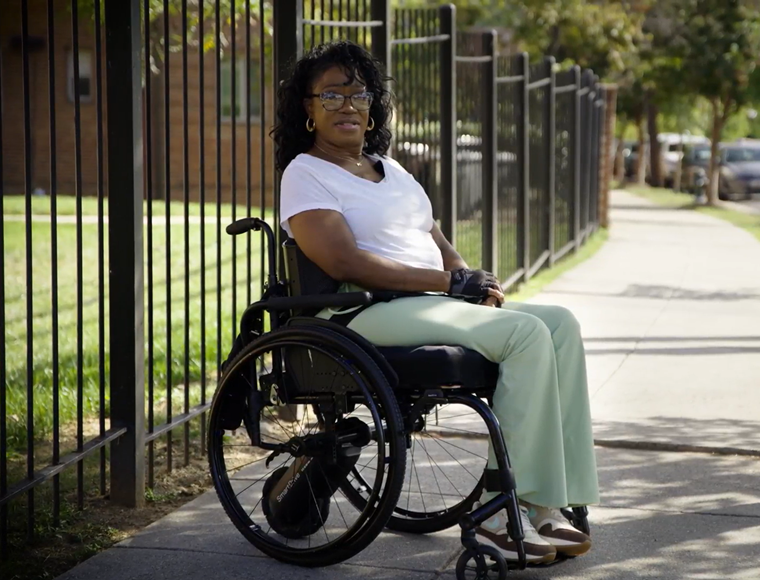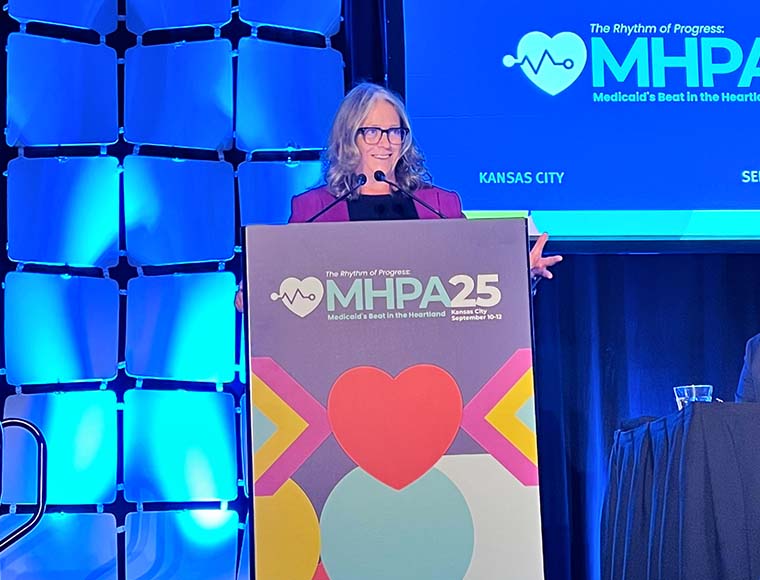ADvancing States, a national organization representing state agencies on aging, disabilities and long-term services and supports (LTSS), hosted its annual Home and Community-Based Services (HCBS) Conference from August 24–28 in Baltimore, Maryland. UnitedHealthcare Community & State proudly participated as one of the sponsors and in two of the panel discussions at the event.
Industry collaboration
Organizations including health plans, advocates, service and product vendors, and federal, state, and local officials were brought together to collaborate and share insights into the aging and disability sector of health care over a wide range of topics, including:
- Supporting caregivers and the direct care workforce
- The role of managed long-term services and supports (MLTSS) in supporting states, beneficiaries, and caregivers
- Supporting the No Wrong Door (NWD) system initiative to create a one-stop access point for LTSS
- Strategies to meet federal rules and update modernize State Health Insurance Assistance Programs (SHIPs)
Per Angela Lello, Regional Policy & Advocacy Director of Community & State “Some of the highlights included the peer-led sessions, insights and perspectives shared by staff from the Centers for Medicare and Medicaid Services and the Administration for Community Living, as well as networking opportunities that fostered collaboration across states and sectors.”
